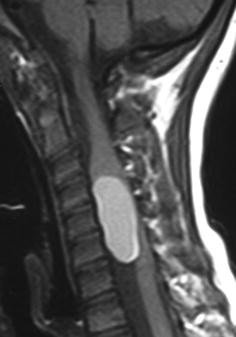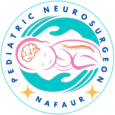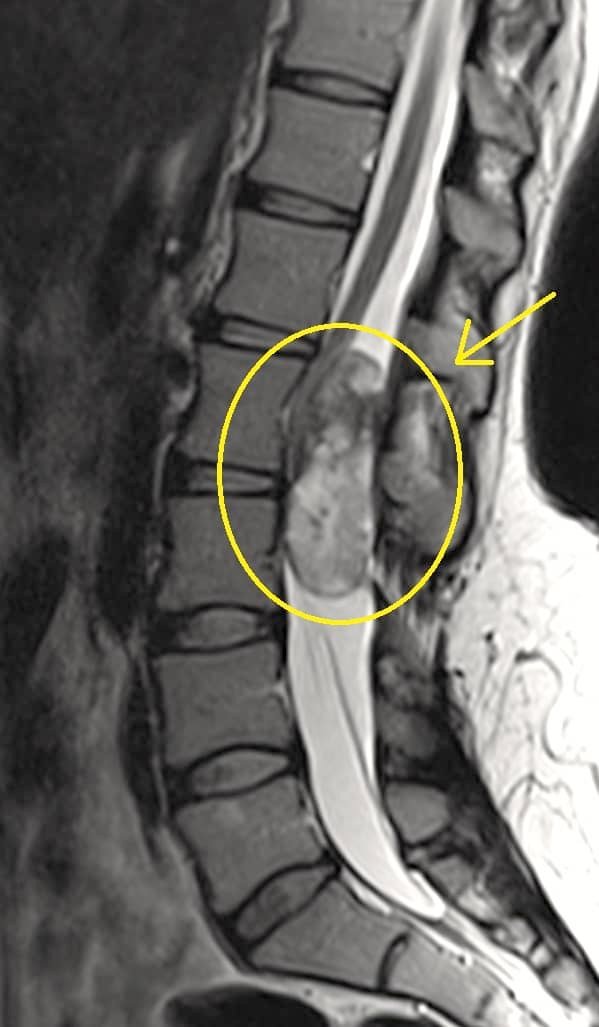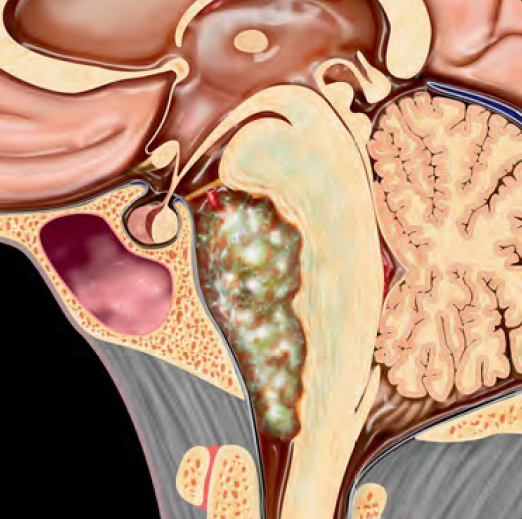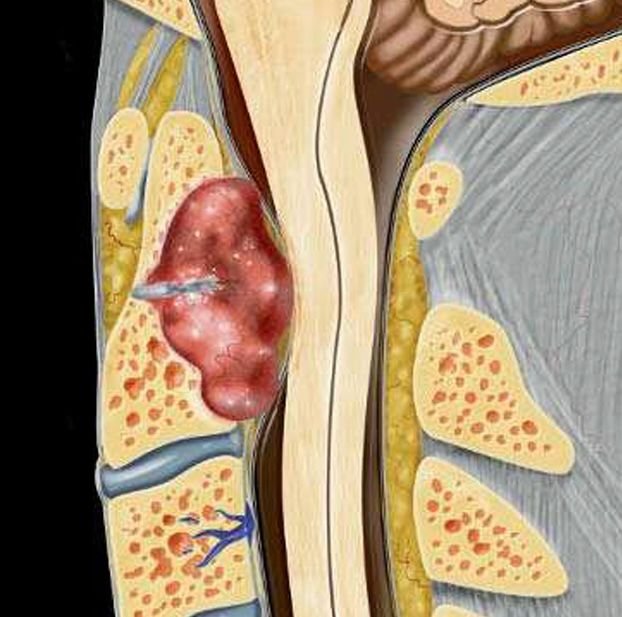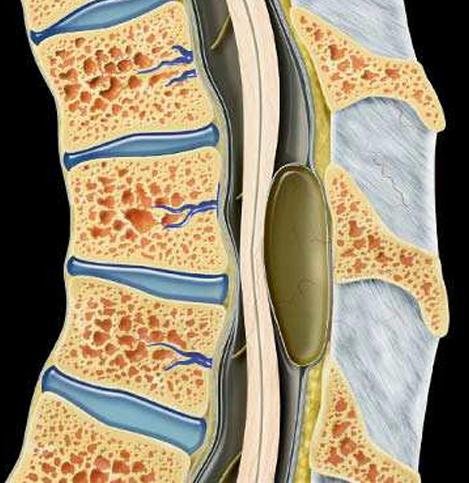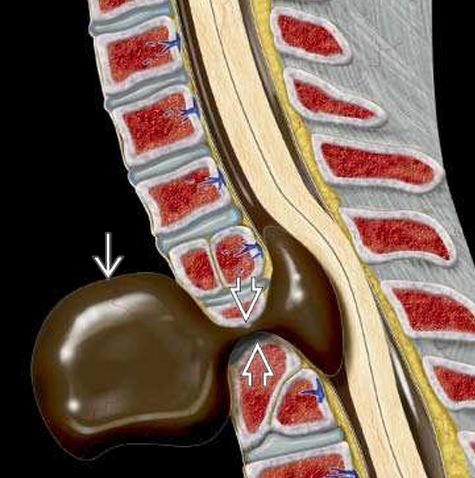Enterogenous Cyst
Enterogenous Cyst
An enterogenous cyst, also known as a neurenteric cyst, is a rare congenital developmental cyst that forms due to an abnormal connection between the embryonic endoderm (gut tissue) and the ectoderm (neural tube) during early development. These cysts are typically located within the spinal canal, most often in the cervicothoracic region, and may cause progressive spinal cord compression in children. Enterogenous cysts are benign, but if left untreated, they can lead to neurological deterioration and permanent spinal cord damage. Early diagnosis and timely microsurgical excision are essential for a good prognosis. 🌍 Bangladesh Perspective In Bangladesh, enterogenous cysts are often misdiagnosed or missed entirely, especially in peripheral healthcare settings where MRI facilities are limited. Children with gait disturbances, back pain, or limb weakness are often labeled with cerebral palsy, musculoskeletal disorders, or idiopathic developmental delays—resulting in delayed neurosurgical referral. At the National Institute of Neurosciences & Hospital (NINS) and Bangladesh Paediatric Neurocare Centre, Dr. Md. Nafaur Rahman provides advanced diagnostic evaluation and surgical treatment for rare pediatric spinal conditions, including enterogenous cysts, using microsurgical techniques and intraoperative neuro-monitoring. 🧬 Cause and Development The cause of an enterogenous cyst is related to embryological maldevelopment, where the neural tube and gut tract fail to separate completely, leaving behind ectopic endodermal cells in the spinal canal. Over time, these cells form a cyst lined with mucus-producing epithelium. 🧒 Clinical Symptoms in Children The symptoms of enterogenous cysts depend on location, size, and degree of spinal cord compression. Common features include: Progressive neck or back pain (especially in cervical or thoracic spine) Limb weakness or stiffness Abnormal walking pattern, frequent falls Delayed milestones Spasticity or hyperreflexia Sensory changes in limbs Bladder or bowel dysfunction in advanced cases Rarely, signs of acute spinal cord compression with rapid deterioration In Bangladesh, many of these symptoms are mistaken for orthopedic or developmental issues unless a pediatric neurologist or neurosurgeon is consulted. 🔍 Diagnostic Approach 🧠 MRI Spine – Diagnostic Gold Standard Reveals a well-circumscribed, non-enhancing cyst ventral or lateral to the spinal cord Helps assess spinal cord compression, syrinx formation, and spinal anomalies 🦴 CT Scan Spine Useful in identifying associated bony abnormalities such as: Hemivertebra Butterfly vertebra Spinal segmentation defects 🧪 Neurological Examination Evaluates motor function, reflexes, tone, coordination, and bladder control 🛠️ Treatment of Enterogenous Cyst Surgical removal is the definitive treatment for symptomatic or enlarging enterogenous cysts. ✂️ Microsurgical Excision Approach is usually posterior midline laminectomy or laminoplasty Complete removal of the cyst wall and contents under high magnification Intraoperative neuromonitoring is used to prevent neurological injury Adhesions to the spinal cord may sometimes prevent full resection; subtotal excision may be performed with follow-up 🔄 Postoperative Recovery & Prognosis With timely surgery and expert neurosurgical care: Motor and sensory function improves Bladder symptoms may resolve if operated early Gait and coordination often normalize Recurrence is rare, especially with complete cyst excision Follow-up includes serial MRIs and neurological assessments ⚠️ What Happens if Left Untreated? If untreated, an enterogenous cyst can lead to: Progressive spinal cord compression Permanent paralysis Urinary incontinence Spinal deformities or scoliosis Poor quality of life and developmental delay 👨⚕️ Why Choose Dr. Md. Nafaur Rahman? Extensive experience in rare pediatric spinal disorders Performs microsurgical excision of intradural cysts using advanced neuromonitoring Operates at Bangladesh’s leading neurosurgical institute (NINS) Runs a dedicated pediatric neurocenter for follow-up and rehabilitation Highly regarded across Bangladesh for ethical, child-focused neurosurgical care 📞 Book a Serial Today Dr. Md. Nafaur Rahman Assistant Professor, Pediatric Neurosurgery, National Institute of Neurosciences & Hospital (NINS) Chief Consultant, Bangladesh Paediatric Neurocare Centre 📞 Call for Appointment: 01912988182 | 01607033535 🌐 Visit: www.neurosurgeonnafaur.com
